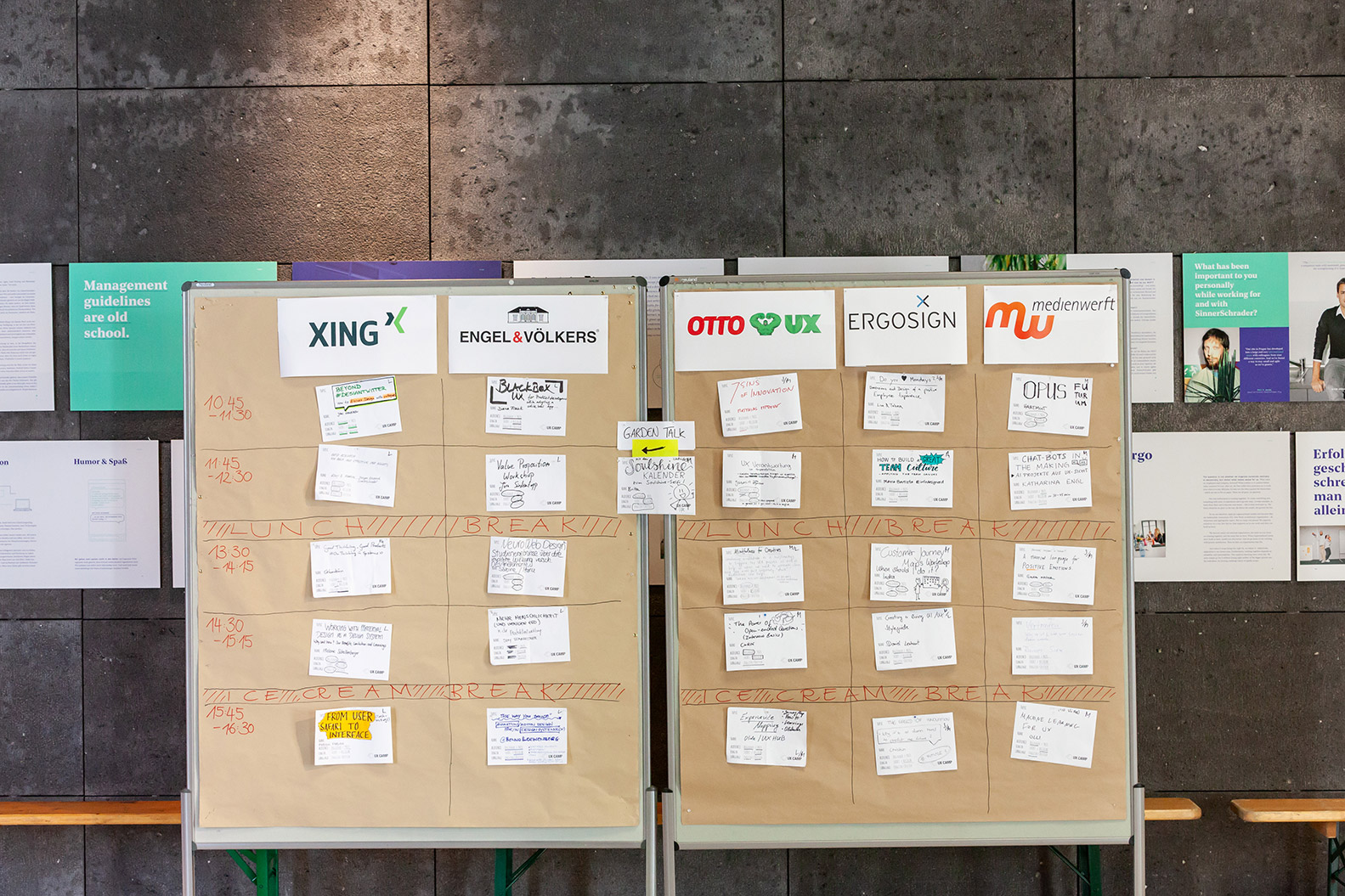
UX_Camp_Hamburg_2019_0063
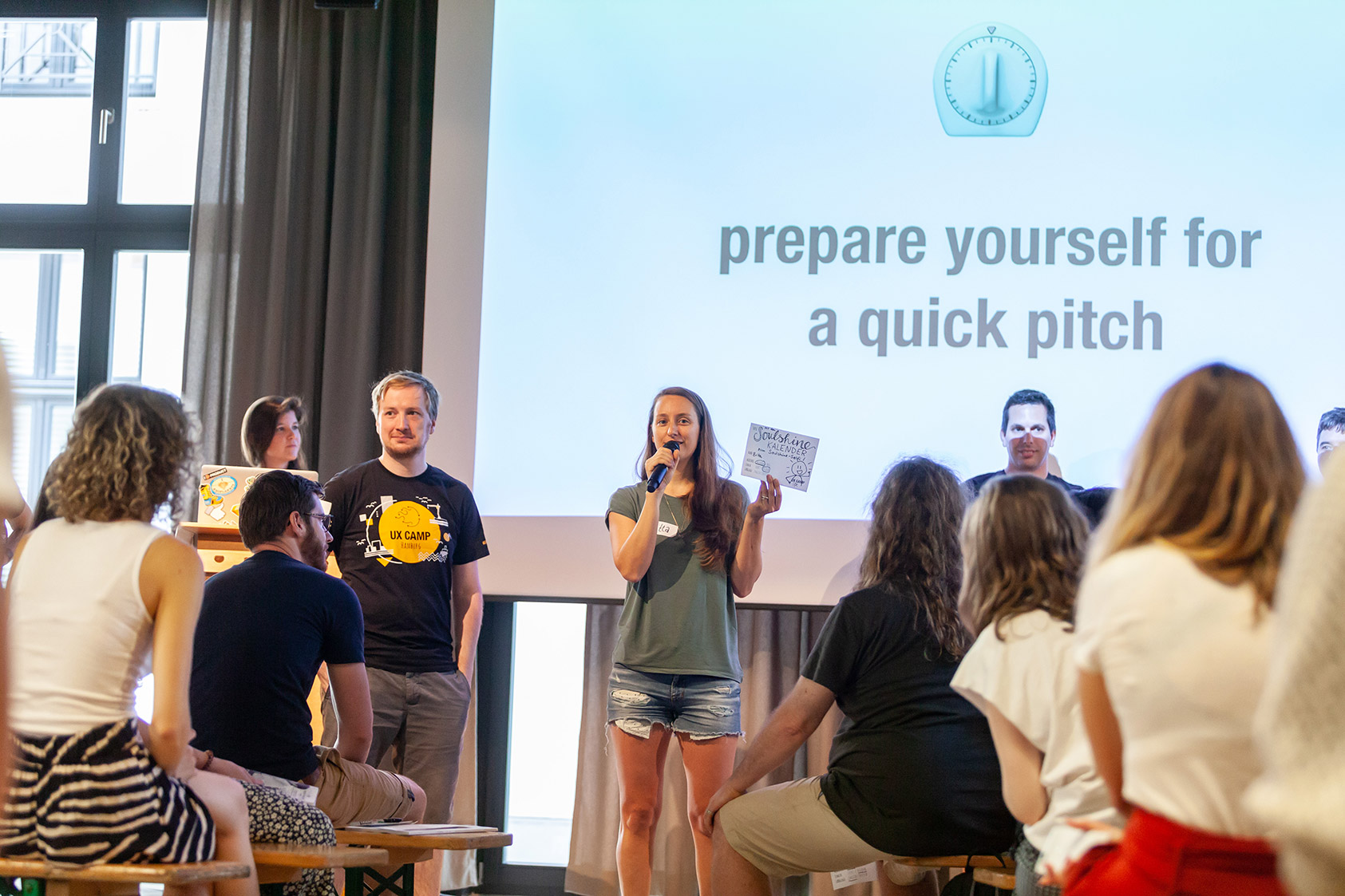
UX_Camp_Hamburg_2019_0052
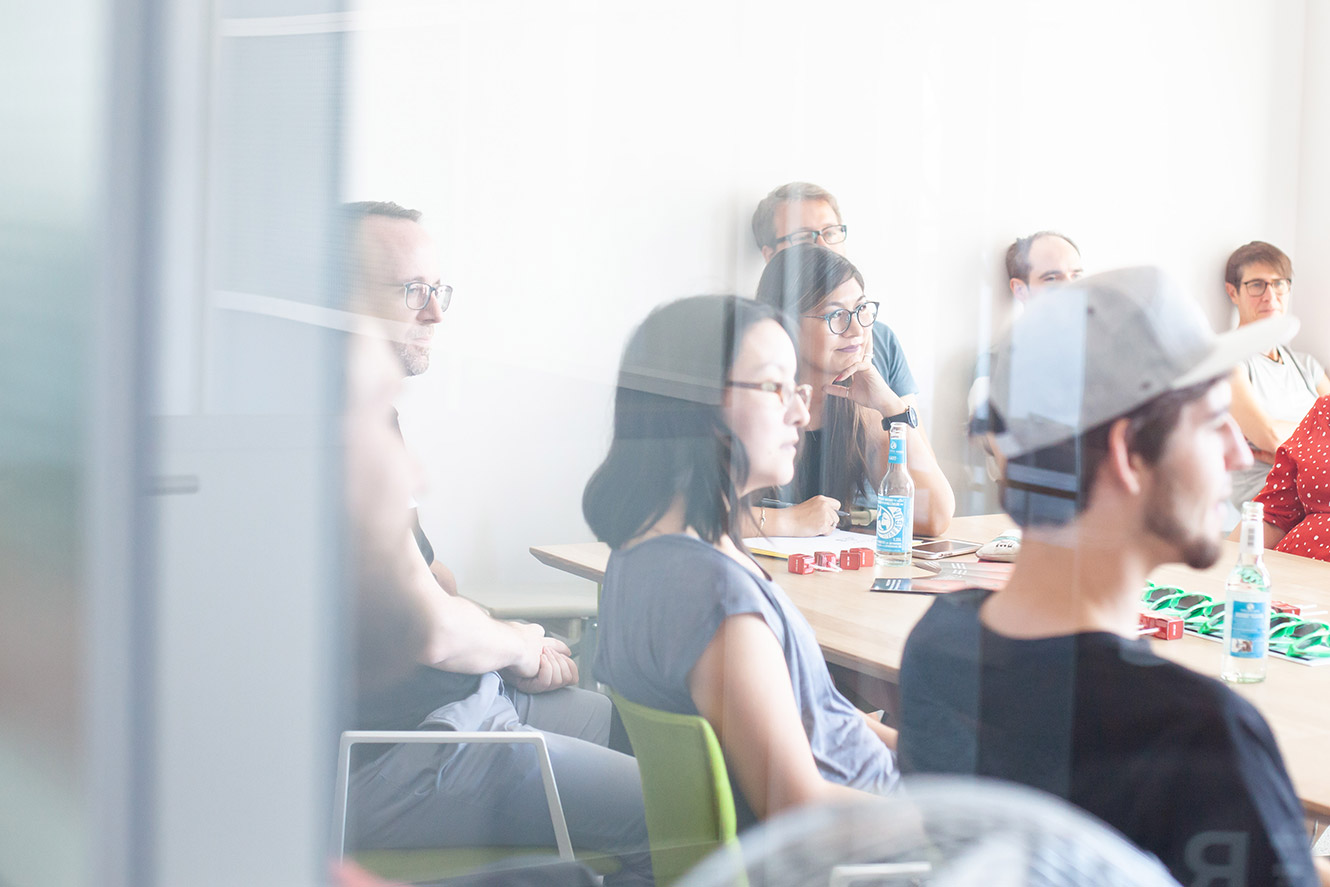
UX_Camp_Hamburg_2019_0091
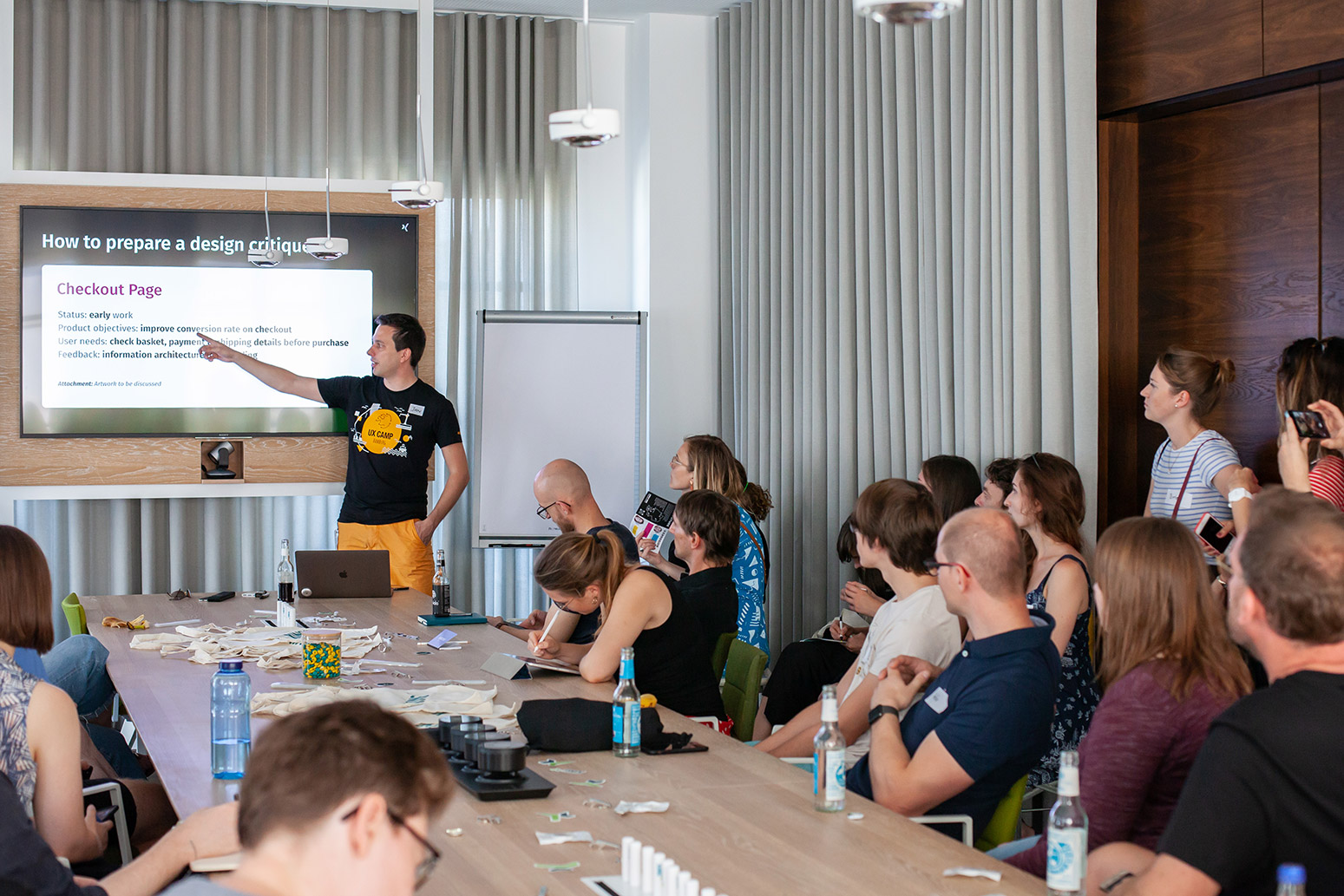
UX_Camp_Hamburg_2019_0094
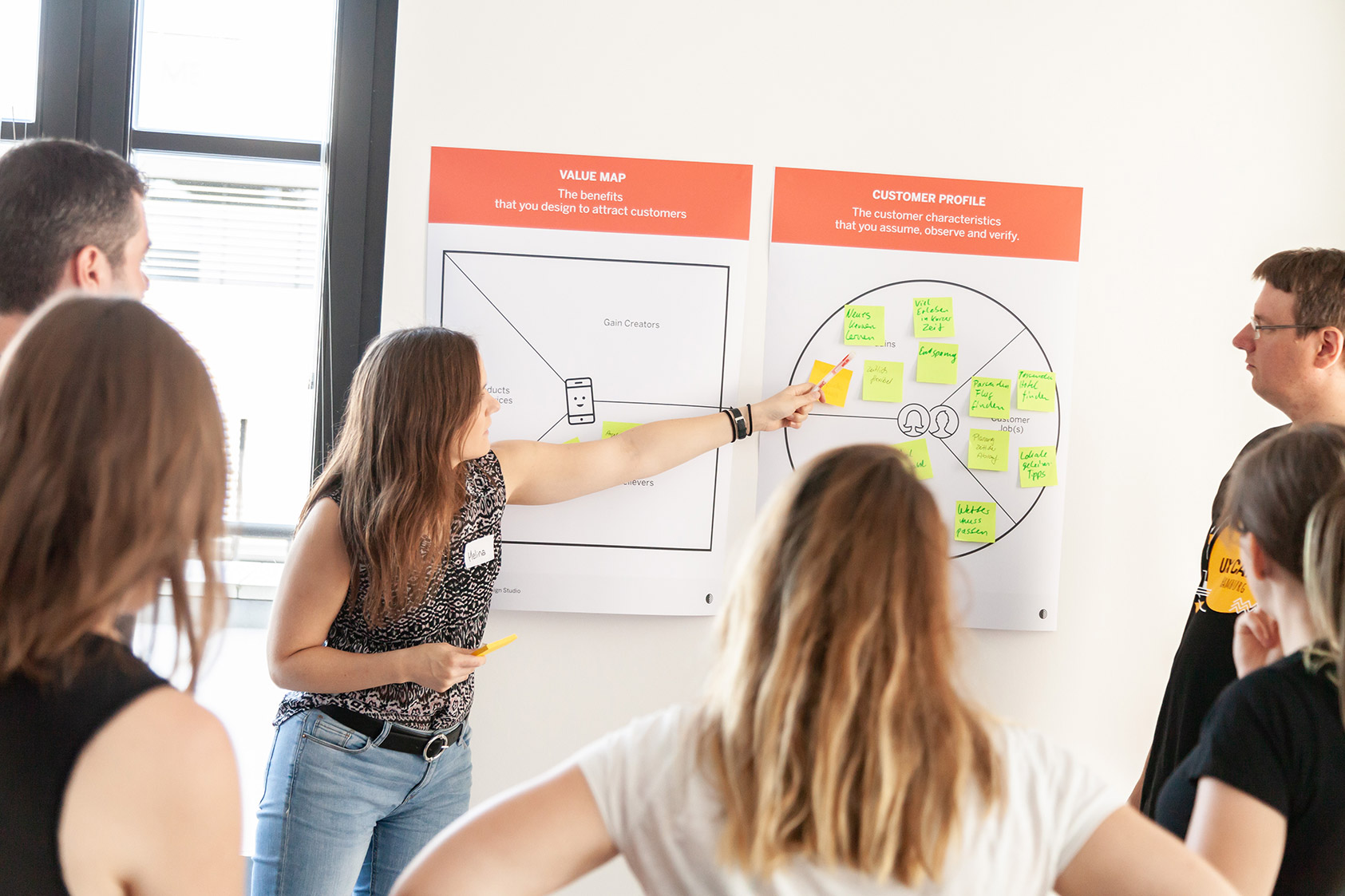
UX_Camp_Hamburg_2019_0107
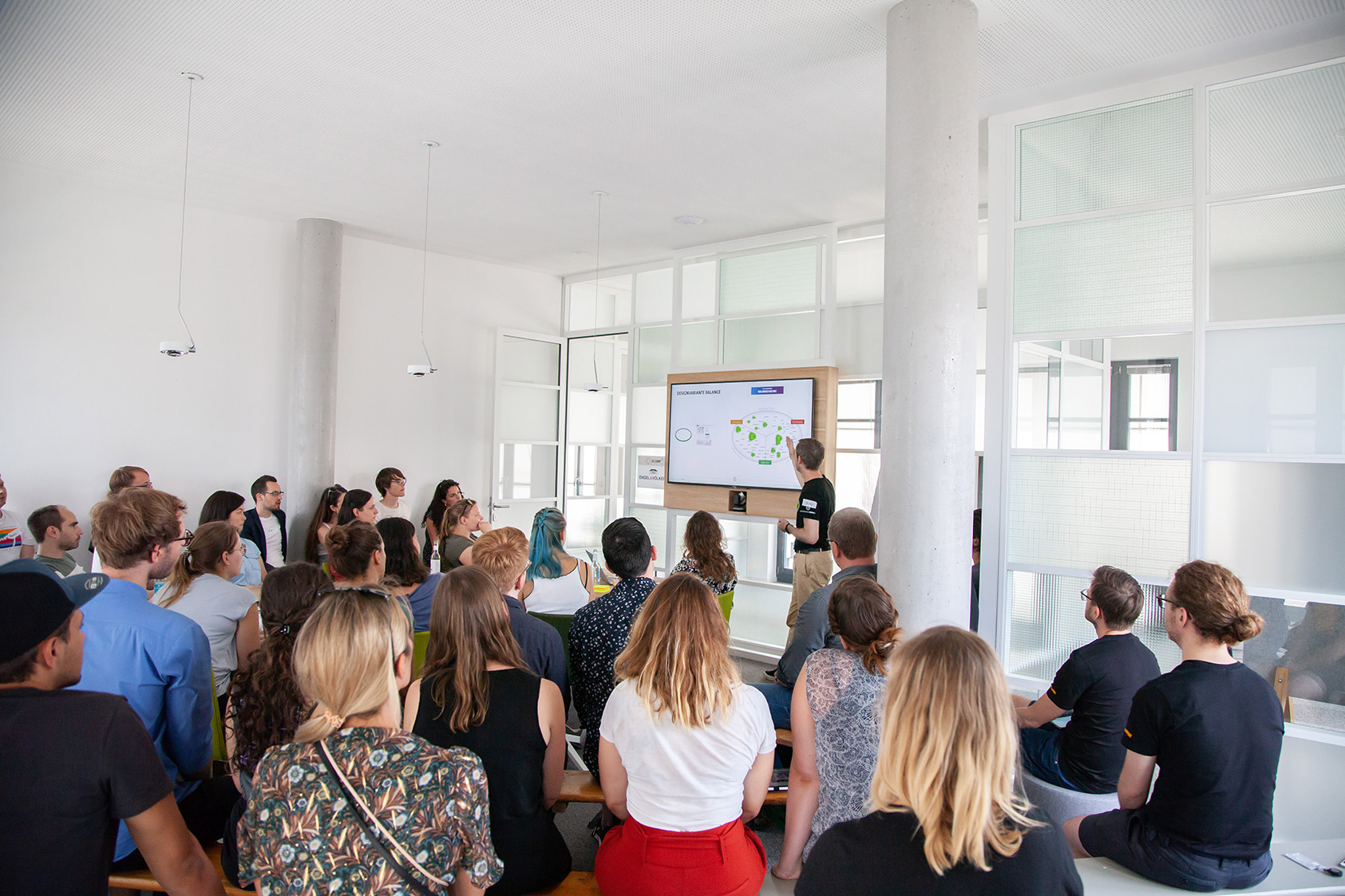
UX_Camp_Hamburg_2019_0136
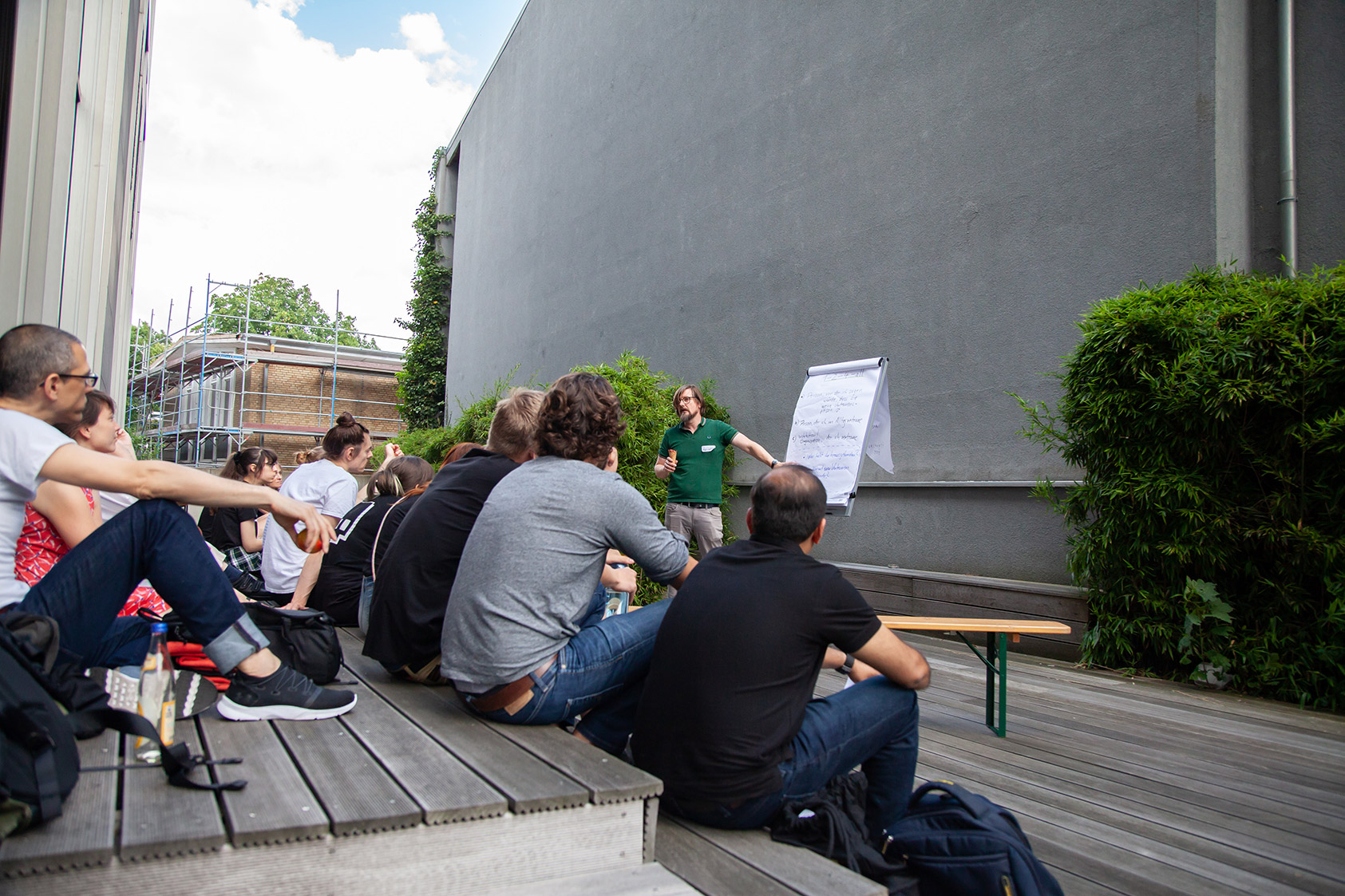
UX_Camp_Hamburg_2019_0143
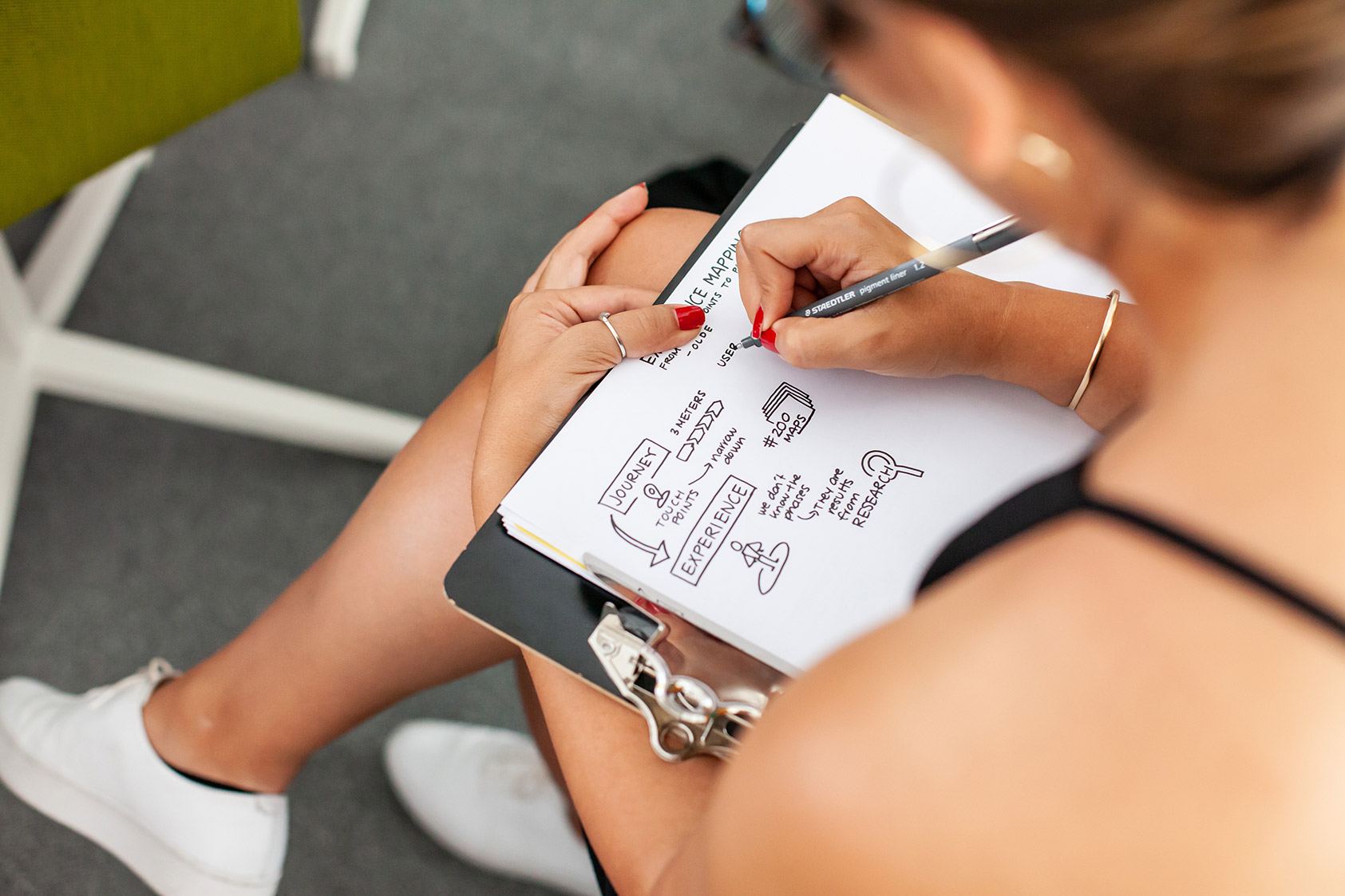
UX_Camp_Hamburg_2019_0187
UX Camp HH is a barcamp. Meaning: you will provide the content of our little event – but no need to panic! Our participants are a nice and welcoming bunch of people and totally respect rough ideas and ad hoc sessions.
You can, of course, bring a prepared presentation from home. You can also totally make it up on the fly! Some people even get inspired during the event to whip up some slides in between sessions, or to dive deeper into a topic by initiating a fruitful discussion with the other participants…
Whatever comes to you mind, you are welcome to share!
Sessions proposed for August
WE ARE SO CURIOUS!
Wioleta Maj
— Impact of Design Choices
The way people perceive design is influenced by a multitude of factors. By identifying these, we can more easily determine who we are creating our designs for and who we are not. In this talk, we will explore how to craft designs with intention and examine ways to make more mindful design decisions. Let’s reawaken our empathy and drive ourselves to create designs that truly enrich our users’ experiences.
William Chitangala
— Futures Thinking und Trendresearch für UX-Professionals
Futures Thinking enables people and organisations to anticipate and actively shape futures. In our session, we will explore the Gigatrends method and gain a quick introduction to the world of trend research and strategic foresight.
Daniel Diener
— Without Barriers: The Action Plan for Digital Accessibility
This talk delves into the intricacies of Germany's digital accessibility laws and outlines the practical steps necessary to achieve inclusiveness on digital platforms. Daniel will present an essential guide for organizations seeking to navigate the legal landscape and embrace a culture of accessibility within their digital content.
Marvin Hassan
— De-Risking UX hires
Figuring out how we can help companies hire more than just Unicorn Senior UX Designers.
Ann-Kathrin Großhammer
— Can I Get Your Attention, Please? How UX Principles and AI Helped Me Go from 1000 Open Tabs to Laser Focus
Learn how I leveraged UX principles to convert my chaotic multitasking into focused efficiency. I'll reveal the UX-inspired techniques and tools that enabled me to better manage my attention, simplify my workflow, and enhance my productivity despite a world full of distractions.
Shirin Mantik
— The “Fake MVP” - What does the M in MVP stand for again?
The idea behind the concept of a Minimum Viable Product (MVP) is to bring a product or service to market with the least amount of effort and to continuously optimize it through rapid customer feedback. But let's be honest: almost nobody dares to start with a well-focused minimum and so MVPs quickly turn into huge and often slow projects. In this talk, you will learn how to recognize such ``fake MVPs`` and how to focus back on the essentials.
Jivana Lipsewers
— From chaos to clarity: my tips for optimizing Figma workflows
Learn how to avoid typical mistakes in Figma and complete your projects faster with better structure. I share my practical tips and tricks that might also make your workflow more efficient and enjoyable. Let's explore the secrets of an effective Figma workflow together and learn how order and creativity can go hand in hand. I'll show you how it works best for me - maybe you'll adopt something, or even share an even better solution with us.
Melina Trieb (Fielmann) & Lisa Radel (immowelt)
— UX Research Repositories
tbd



